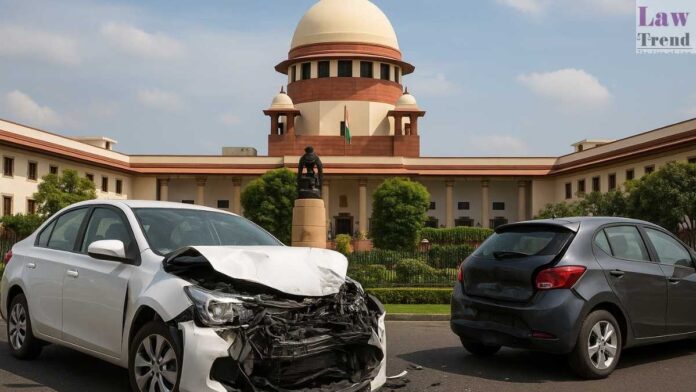The Supreme Court of India has significantly enhanced the compensation awarded to an Ayurvedic doctor injured in a motor vehicle accident, ruling that the assessment of ‘functional disability’ must consider the specific impact of the injuries on the claimant’s profession and earning capacity, rather than mechanically applying a percentage of permanent physical disability. A bench
To Read More Please Subscribe to VIP Membership for Unlimited Access to All the Articles, Download Available Copies of Judgments/Order, Acess to Central/State Bare Acts, Advertisement Free Content, Access to More than 4000 Legal Drafts( Readymade Editable Formats of Suits, Petitions, Writs, Legal Notices, Divorce Petitions, 138 Notices, Bail Applications etc.) in Hindi and English.




